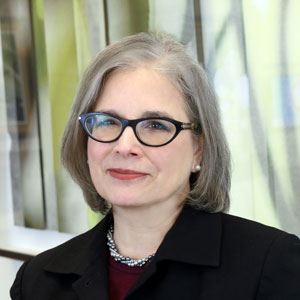 Membership organizations, like associations, have special challenges.These organizations need to appeal to a variety of member types, each with their own needs, wants and aspirations. This calls for a strategy!
Membership organizations, like associations, have special challenges.These organizations need to appeal to a variety of member types, each with their own needs, wants and aspirations. This calls for a strategy!
The key to a successful member engagement strategy is relevance to prospective, new and current members. This is where segmentation – tailored approaches and messaging -- comes in.
RECRUITING
Make a great first impression.
1. Develop a brand that is well-respected in your industry.
Your brand is your best recruiting tool. More than a logo and tagline, it represents all the experiences with your organization. It needs to communicate your value, mission and vision. Developing a compelling and durable brand requires research, strategy and planning.
2. Know (don’t assume) your target market.
Who are your association’s main prospects? What business problems do they have? What benefits do they seek? Understanding the answers will help you communicate your value.
3. Produce effective membership materials.
Do they “speak” your prospects’ language? Are they clearly written with consistent messaging, and do they look professionally designed? Do they show your interest in your prospects’ development.
4. Consider different levels of membership.
Having a strategy with a scaled fee and benefits (basic, premium, etc.) can allow you to capture more prospects and generate more income from membership.
ONBOARDING
Generate excitement around the benefits of membership and new relationships.
5. Create an onboarding communications plan.
Make your new members feel welcome by telling them what to do first and where to go for help. With marketing automation, it’s easy to create a sequence of emails to send automatically based on join date.
6. Plan a new member orientation session.
An orientation session will give new members the “lay of the land” so they can take advantage of benefits right away while meeting other new (and current) members.
7. Host events to introduce new members to current members.
Networking events, such as “Happy Hours,” create perfect opportunities to connect new members and veterans to each other in fun or unique venues.
Download our e-book for the final 4 tips on BUILDING RELATIONSHIPS with members … and more on member engagement!
by Brenda Berman, McKenna Design Group
About McKenna Design Group
Founded in 2002, McKenna Design Group specializes in helping trade and professional associations and social impact organizations fulfill their missions through effective branding, marketing and technology solutions. McKenna Design Group: We Are Future Shapers.